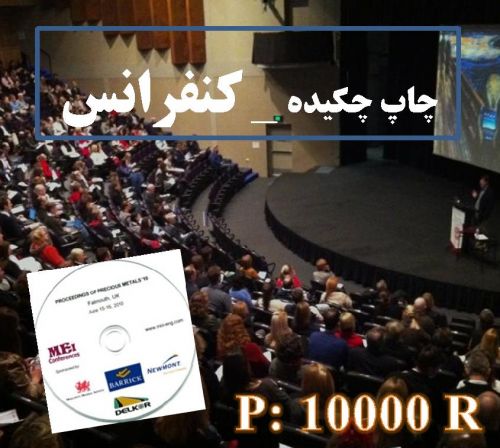Background: Anemia and consequently hypoxia can cause disorders in fertility and spermatogenesis. Iron released from red blood cells in hemolytic anemia, as an oxidative agent may increase oxidative stress in the body. This study was designed to minimize the deleterious effects of hypoxia on the genital organ. For this purpose, the protective role of vitamin C (Vit C) as effective antioxidant compound was evaluated against the PHZ-induced hemolytic anemia. Methods: Adult male mice were randomly divided into four groups that included eight in each. The first group received 0.1 ml of normal saline intraperitonealy (IP). The second group received 60 mg/kg of phenylhydrazine per 48-hours intraperitonealy. The third group received 60 mg/kg of phenylhydrazine along with 250 mg/kg of vitamin C intraperitonealy. The fourth group received the same dose of vitamin C as the third group. After 35 days, the sperms were collected from epididymis and in-vitro fertilization (IVF) was evaluated. Result: PHZ-induced hemolytic anemia significantly decreased the number of fertilized oocytes, two-cell and four-cell embryos, morula, blastocyst and arrested embryos. However, administrating of vitamin C improved these parameters significantly (P Conclusion: It seems that vitamin C as free radical scavengers have the potential to decrease oxidative damages on reproductive organ in hemolytic anemia induced by PHZ.
کلید واژگان :In vitro fertilization, Phenylhydrazine, Vitamin C, Hemolytic anemia
ارزش ریالی : 200000 ریال
با پرداخت الکترونیک
جزئیات مقاله
- کد شناسه : 7146542415774646
- سال انتشار : 2016
- نوع مقاله : چکیده مقاله پذیرفته شده در کنفرانس ها(فایل کامل مقاله بارگزاری گردد)
- زبان : انگلیسی
- محل پذیرش : International Congress on Reproduction-ISERB 2016
- برگزار کنندگان : Iranian Society of Embryology & Reproductive Biology
- تاریخ ثبت : 1395/03/20 02:45:57
- ثبت کننده : حجت عنبرا
- تعداد بازدید : 300
- تعداد فروش : 0
